By tbud on January 28, 2015
Tom Petty receives writing credit on Sam Smith hit Stay With Me
This recent article in the Globe and Mail reminded me of our class discussion on stand-up comedians and the lack of protection for their jokes, and the problems that may arise from trying to create legal protections. I see somewhat of a parallel problem in songwriters and their songs. In my view I think sometimes songs are so similar that it’s hard to determine whether one is sufficiently similar to another to warrant some sort of legal action. In this case, Sam Smith now has to pay royalties to Tom Petty.
If you listen to the two songs, in my opinion, they are generally very different save for a few notes, and they are definitely different in terms of musical style. I don’t think I would have ever mistaken the Tom Petty song for the Sam Smith song. As well, in music, there are only so many notes and chords that go well together – think about all the generic rock songs where you have mistaken one song for another (mainly because they use the same three chords throughout!).
If we view Sam Smith as a ‘connector’ rather than a ‘creator’, does this change our view of law’s normative function in this case?
Another good article concerning these two songs asks – “when does similarity become plagiarism“?
Read More | No Comments
By Ryan Vogt on January 28, 2015
A very interesting short piece about the recent surge in open-access journals.
As a bit of background about the “traditional” and “open” manners of publishing scientific papers:
- In the traditional form, authors have their work reviewed; if accepted, it is published for free (or some relatively nominal charge to the author). There are often ads in journals published as such, and subscriptions (i.e., the ability to read the papers in these journals) are really expensive (for universities, commercial labs, etc.).
- In the open form, authors pay a lot to publish in the journal. However, once published, the journal articles are available to anyone for free.
The ethical implications of either of these forms of constraint on scientific creativity and sharing publications are unnerving.
Not mentioned in the article are Creative Commons-esque ways of publishing, such as arXiv (which has its own issues, such as lack of true peer review and sheer volume of publication).
Cheers!
Read More | 2 Comments
By Ryan Vogt on January 27, 2015
Today in class, we talked briefly about artificial intelligence (AI) and what it means for creativity. I thought this article that I saw yesterday comparing the smartness and creativity of humans and AIs (and, more importantly, the author’s vision of where AI is headed) would be a cool (if lengthy) read.
http://waitbutwhy.com/2015/01/artificial-intelligence-revolution-1.html
Cheers!
Read More | No Comments
By Jon Festinger on January 25, 2015

Though essentially tautological in it’s structure and delivery, this piece from Forbes is nevertheless of some use to provoke thought, though ironically not necessarily in the direction the author intended. Read it here: The Entire Concept Of Intellectual Property Is Proof That Free Markets Aren’t Perfect.
Now ask yourself if the better answer is to: A. Accord intellectual property protection at the derivative stage as argued by the author; or B. Perhaps to diminish IP protections at the initial stages; and/or C. Increase the scope of Fair Dealing/Fair Use?
jon
Read More | No Comments
By Ryan Vogt on January 22, 2015
Here are the slides from my presentation on 20 January 2015, in case anyone wanted them.
Cheers!
Weekly Student-Hour: 20 January 2015
Read More | No Comments
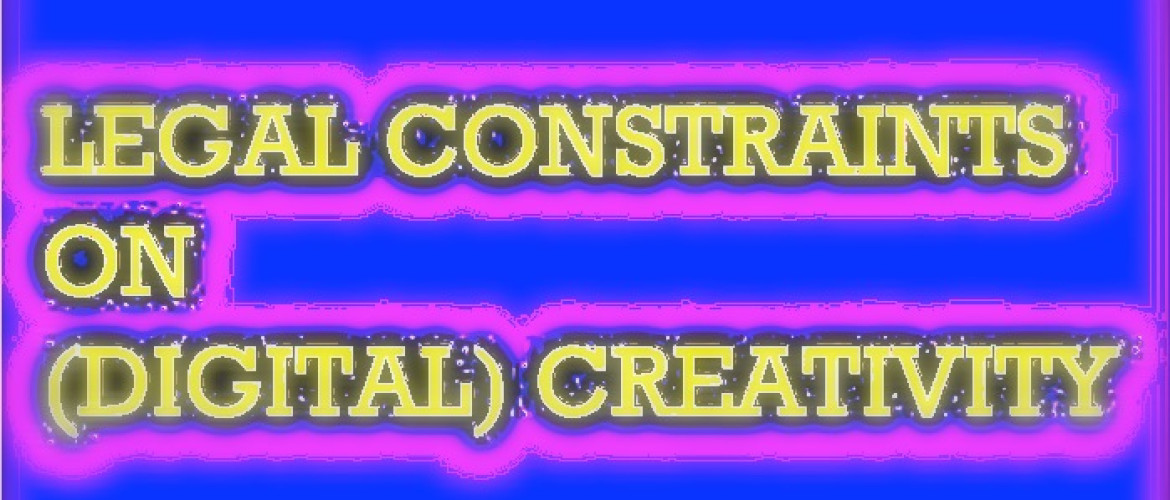
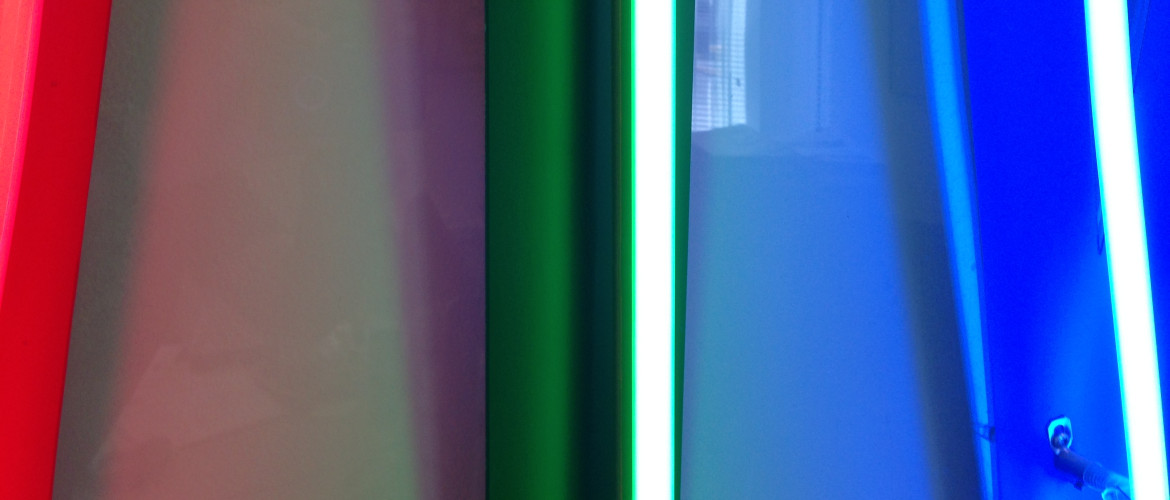
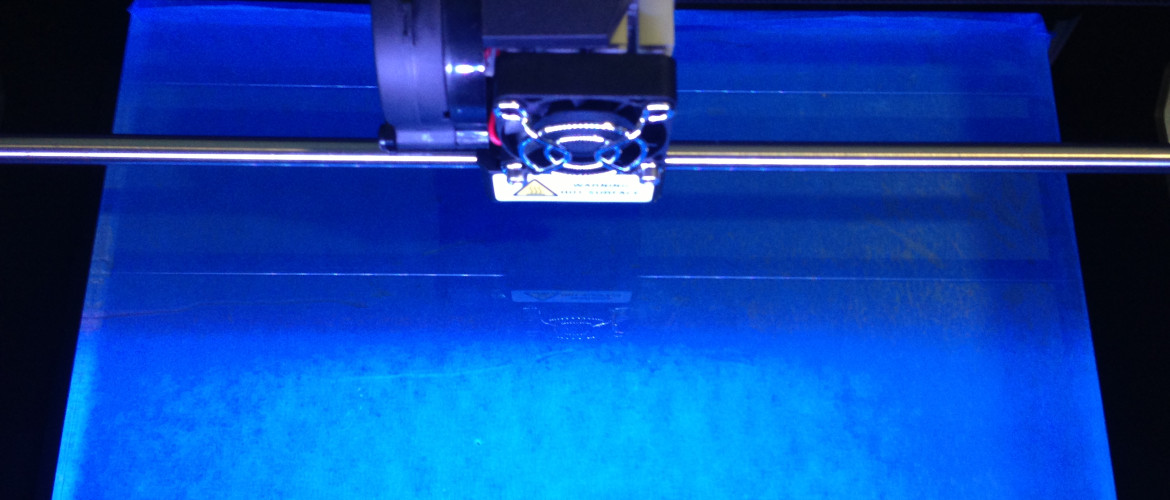
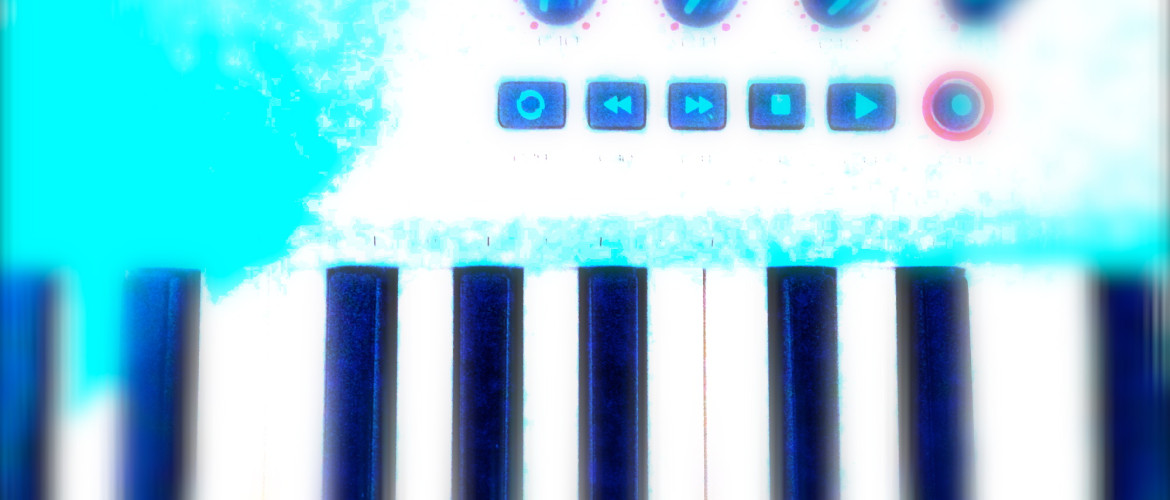
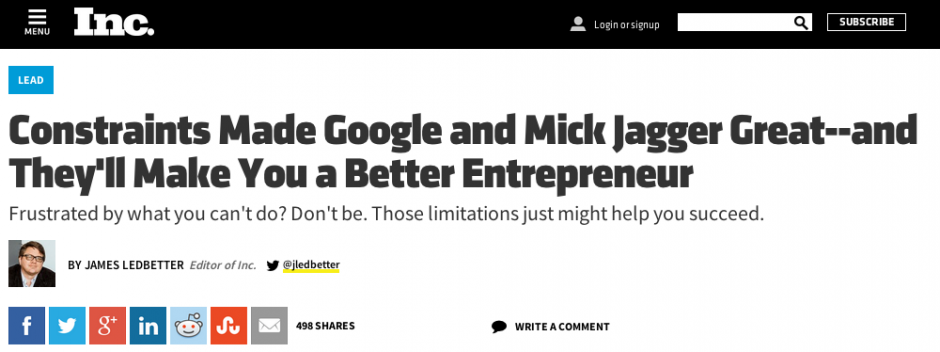


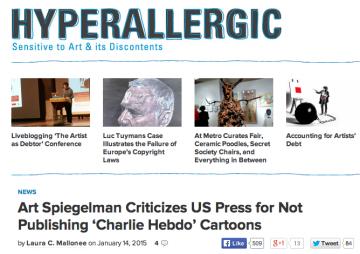
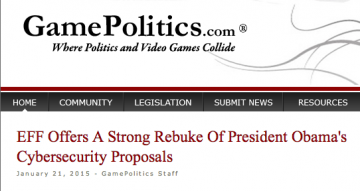
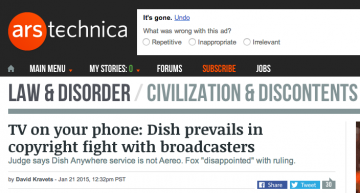
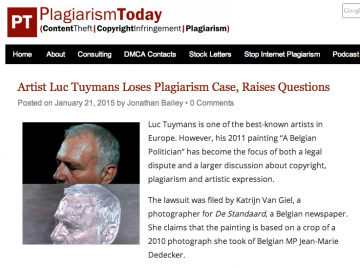
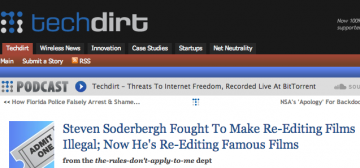

 Check out the UBC Video Game Law Course
Check out the UBC Video Game Law Course